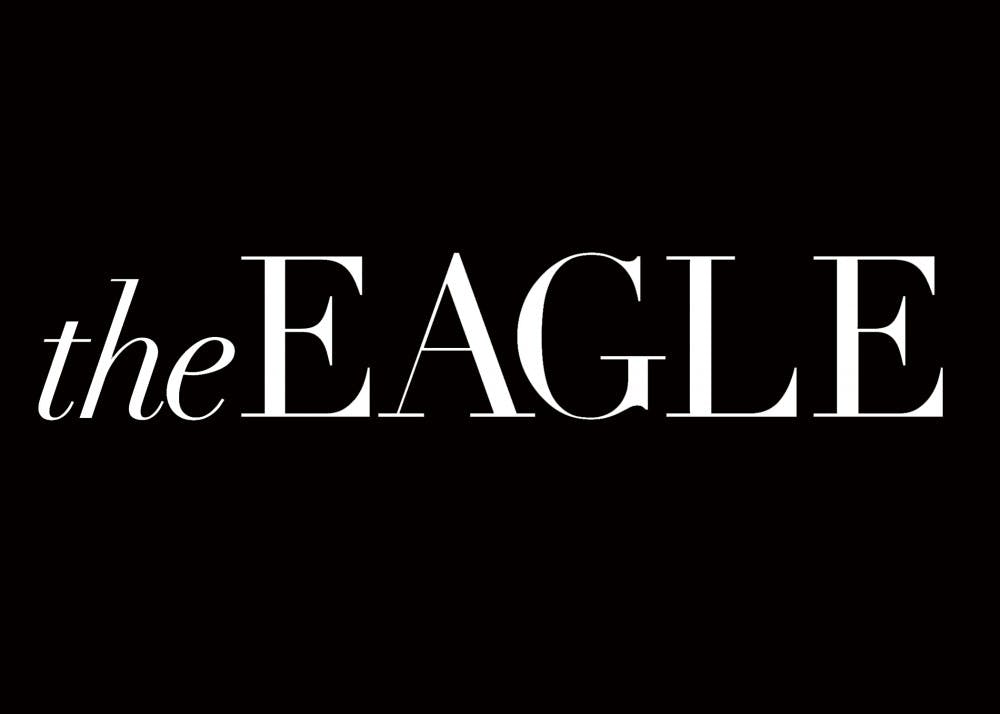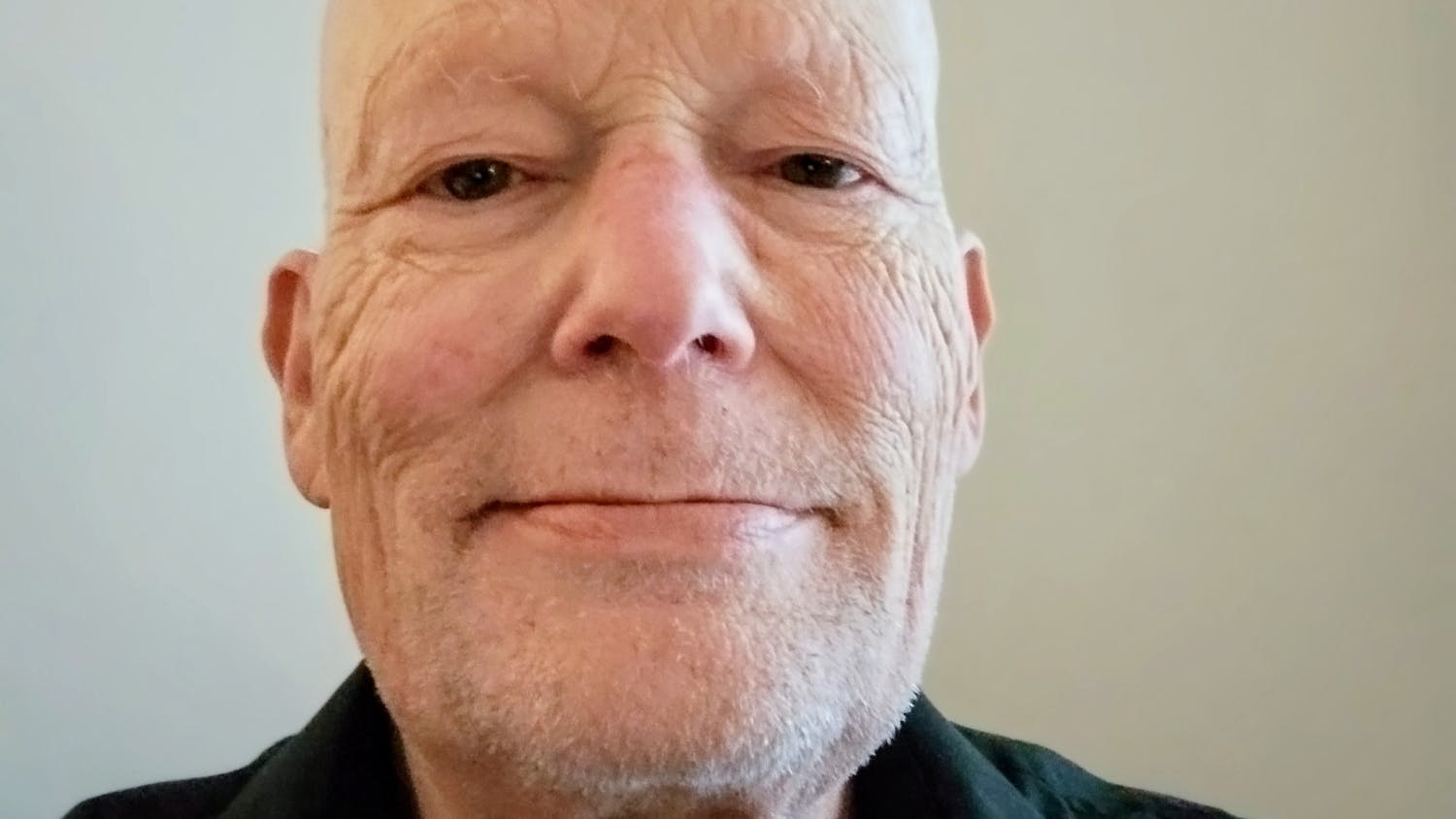In late September, American University fell victim to yet another hate crime when someone hung Confederate flag fliers and cotton stalks in four buildings on campus.
Despite the hatred radiated by those flags, black students are still Americans, and this soil is their home. No one can take that away from them, even if they are mistreated in the U.S. But, I am an international student and this soil is not my home. If people who were brought here years ago are not welcome here, how can I feel comfortable in this place that is supposed to be my home away from home?
Hate crimes like this and those that have happened in the past, like the bananas hung at AU last May and hateful Yik Yak posts in spring 2015, scare me. The United States, and universities like AU, like to project an image of safety and security. However, they do little to follow through with those statements. As an international student, these racially-charged crimes that occur on campus leave me feeling the most isolated. When I see students being attacked for their race under the tagline of “American Southern pride,” I cannot help but feel attacked as well.
These hateful acts have infiltrated my daily life and hurt my mental health. The night after the flags were hung, I was afraid to walk back to my dorm from the library. In India, bullying and ragging often takes placed based off seniority rather than race and religion. There, colleges come together more often as a community. This sense of solidarity is apparently lacking at AU. The fact that hate continues to worm its way into this school is deeply concerning to a student that is literally depending on a stamp in her passport and a piece of paper that says “F-1 STUDENT VISA” to stay in this country.
The reality of the situation is that Americans deem me worthy of being in this country and Americans will decide when to send me back. The color of my skin or my specific nationality should not determine whether I’ll be able to stay here. Having to see these crimes like this happen, not in a random town in the Midwest but instead on a college campus in a city as diverse as D.C., makes me feel like I am truly an alien here even more so than comments from people with government positions.
International students are like fish out of water. It is so hard to find people like us because we are so sparsely dispersed across the student body, and there are so many cultural differences between students from different regions of the world as well. I have to ask a friend or do some research about what a hateful act means. For example, I had to look up what “Huzzah for Dixie,” the words inscribed on the Confederate flag fliers, meant. I shouldn’t have to.
There should be resources on campus that allow me to ask these questions without feeling like I am being insensitive. There should be a place for me to know that I am protected and I am welcome in this institution and in this country to pursue a higher education. There should be ways to tell students the implications of what has happened and to show them that the school is taking steps forward to increase security and to unite the student body. I chose to come to America because I thought it would be the best place for me to pursue my dreams and get the best education, not to be discriminated against, threatened or left in the dark.
sloganathan@theeagleonline.com
This story was originally published in the Oct. 20 print edition of The Eagle





